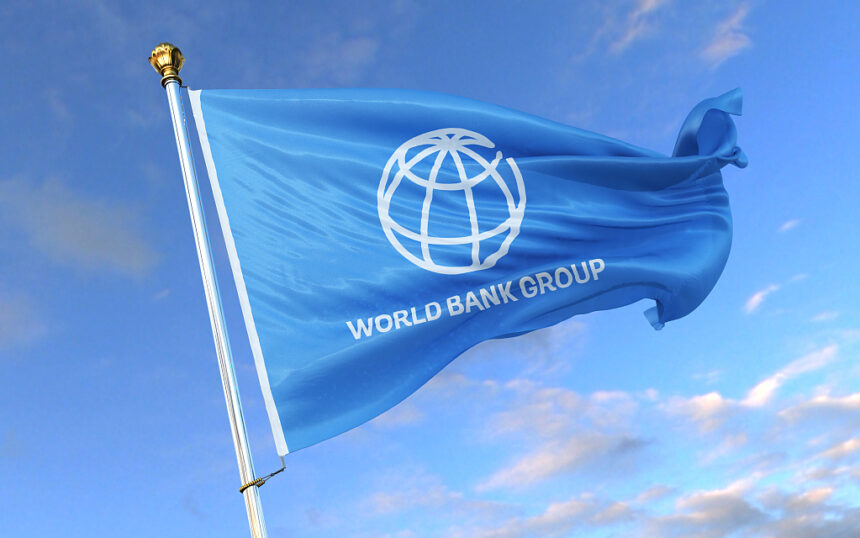The World Bank has cautioned Ghana against hastily re-entering international capital markets, warning that such a move could undermine the country’s economic recovery efforts and jeopardise gains made under its debt restructuring programme.
Robert Taliercio, the World Bank Country Director for Ghana, Liberia, and Sierra Leone, emphasised that a premature return could send negative signals to investors and expose Ghana to unsustainable borrowing costs.
“The risk now is falling into complacency with these achievements and returning to a business-as-usual mindset – a recurring error in the past,” Taliercio stated at the launch of the World Bank’s latest Public Finance Review report, titled “Building the Foundations for a Resilient and Equitable Fiscal Policy.”
Ghana has a long history of IMF interventions, having sought assistance 17 times.
As a result, the country has spent 40 of its 68 years under active IMF programs.
Taliercio’s remarks come as Ghana, having successfully restructured both its domestic and external debts, continues to implement reforms under the $3 billion IMF Extended Credit Facility (ECF) programme.
The country has been locked out of international capital markets since 2022 due to high debt levels, sluggish economic growth, and a weak balance of payments.
While authorities have signalled their intention to regain market access, the World Bank warns that any premature attempt to borrow externally could reverse hard-won fiscal stability and push Ghana back into unsustainable debt.






